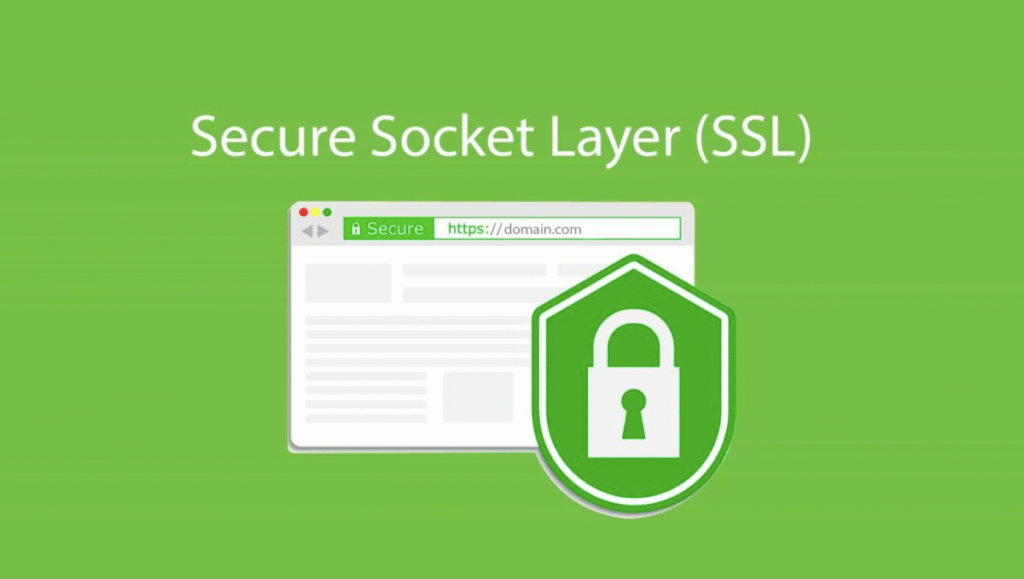- Get 20% Off Your First Month of Digital Marketing Services! Limited Time Offer

In today’s digital world, your website is more than just an online brochure — it’s the face of your business, your primary marketing tool, and often your customers’ first point of contact. But with increasing cyber threats, data breaches, and hacking attempts, website security has become a top priority for every business owner.
At Foxy Digits, we understand that strong website security isn’t optional — it’s essential. Whether you’re managing an eCommerce store, a service-based site, or a company portfolio, protecting your digital assets is the foundation of maintaining trust and online success. Here’s what you should know about keeping your website safe and secure.
A secure website not only protects your business but also safeguards your customers. Every day, hackers target websites of all sizes — not just large corporations. In fact, small and mid-sized businesses are often more vulnerable because they lack robust security systems.
When your site is compromised, the damage goes beyond technical issues:
At Foxy Digits, we combine digital marketing expertise with proactive website security strategies, ensuring your business is protected while performing at its best online.
To understand website protection, it’s important to know what goes into a strong security setup. Here are the most critical elements that every business website should have:
An SSL certificate encrypts data transferred between your website and visitors. It ensures secure communication, protects sensitive information, and builds customer trust. Plus, Google considers HTTPS a ranking factor, meaning a secure site directly benefits your SEO performance.
Accidents and cyberattacks can strike anytime. Regular backups allow you to restore your website quickly if it’s ever compromised. At Foxy Digits, we recommend setting up automated daily backups to a secure, off-site location.
Simple passwords are a hacker’s best friend. Every user with website access should use strong, unique passwords and enable two-factor authentication (2FA) to add an extra layer of protection.
Outdated software is one of the most common entry points for cyberattacks. Regularly updating your CMS (like WordPress), plugins, and themes helps close security vulnerabilities before hackers exploit them.
A web application firewall (WAF) filters and blocks malicious traffic before it reaches your website. Pairing it with malware scanning tools ensures threats are detected and removed early.
As a trusted digital marketing and web design company, Foxy Digits doesn’t just build websites — we secure them. Our team implements best-in-class website security practices to keep your online assets safe from threats while ensuring top performance and user experience.
Our website security services include:
We also monitor your site’s uptime and performance, ensuring it runs smoothly 24/7. Because when your website is protected, your business runs without interruption.
Website security is more than just a technical measure — it’s a key component of your digital marketing success.
Here’s why:
At Foxy Digits, we believe that marketing and security go hand in hand. A well-optimized website won’t perform well if it’s unsafe — and a secure website won’t convert if it isn’t optimized. That’s why our approach combines SEO, design, and cybersecurity into one complete digital strategy.
Here are a few quick tips every website owner should follow:
Even small steps like these can make a significant difference in keeping your website safe from attacks.
Your website is the digital foundation of your business — and protecting it should be a top priority. Investing in proper website security safeguards your data, your reputation, and your customers’ trust.
At Foxy Digits, we go beyond standard web design and SEO. Our team ensures your website is fast, secure, and built to perform at the highest level. From SSL installation to complete website audits, we provide all the tools and expertise you need to stay one step ahead of online threats.
Your website deserves more than just traffic — it deserves protection.
Partner with Foxy Digits today to secure your site and strengthen your digital presence.